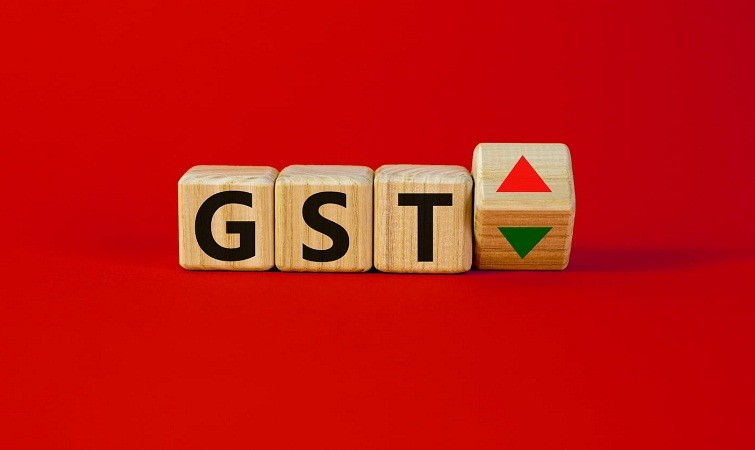
Beginning on August 1, companies with annual revenue of above Rs. 5 crore will be required to produce electronic or e-invoices for B2B transactions. Currently, companies having a turnover of at least Rs. 10 crore are currently subject to the e-voice rule, source said.
The finance ministry announced a lower bar for e-invoicing in a notification dated May 10. Beginning August 1, any taxpayer with a revenue of more than Rs. 5 crore must generate electronic invoices for B2B purchases.
Mahesh Jaising, Partner Leader of Indirect Tax at Deloitte India, stated that with this announcement, the scope of MSMEs under e-invoicing will be enlarged and they will need to implement e-invoicing. E-invoicing is a gift rather than a scourge for businesses since suppliers that are complying with the practise result in proper flow of input tax credits and decrease the churn around credit concerns, he said
Rajat Mohan, senior partner at AMRG & Associates, responded to the news by saying that e-invoicing's gradual rollout has decreased interruptions, enhanced compliance, and generated revenue.
"Inclusion of the MSME sector in the e-invoicing regime would benefit the overall business ecosystem by reducing costs, rationalising errors, ensuring faster invoice processing, and also limiting commercial disputes in the long term," Mohan said.
Saurabh Agarwal, an EY Tax Partner, said the sector needs to review its vendor masters and make sure that starting in August 2023, every vendor providing goods or services and exceeding the threshold turnover of Rs. 5 crore must issue an electronic invoice in order to avoid any disputes regarding the use of input tax credits (ITC).
E-invoicing for business-to-business (B2B) transactions was made required under the Goods and Services Tax (GST) law for enterprises with a turnover of above Rs. 500 crore starting on October 1, 2020, and was then extended to those with a turnover of over Rs. 100 crore starting on January 1, 2021, reports said
Companies that had a turnover of more than Rs. 50 crore started creating B2B e-invoices on April 1, 2021. On April 1, 2022, the barrier was reduced to Rs. 20 crore. The barrier was further reduced to Rs. 10 crore as of October 1, 2022.
TASI increases as trading turnover reaches $1.63 billion at the closing bell
Fitch affairms India's sovereign rating based on its strong growth prospects.
Axis Bank enables UPI for RuPay credit cards, Know how it works